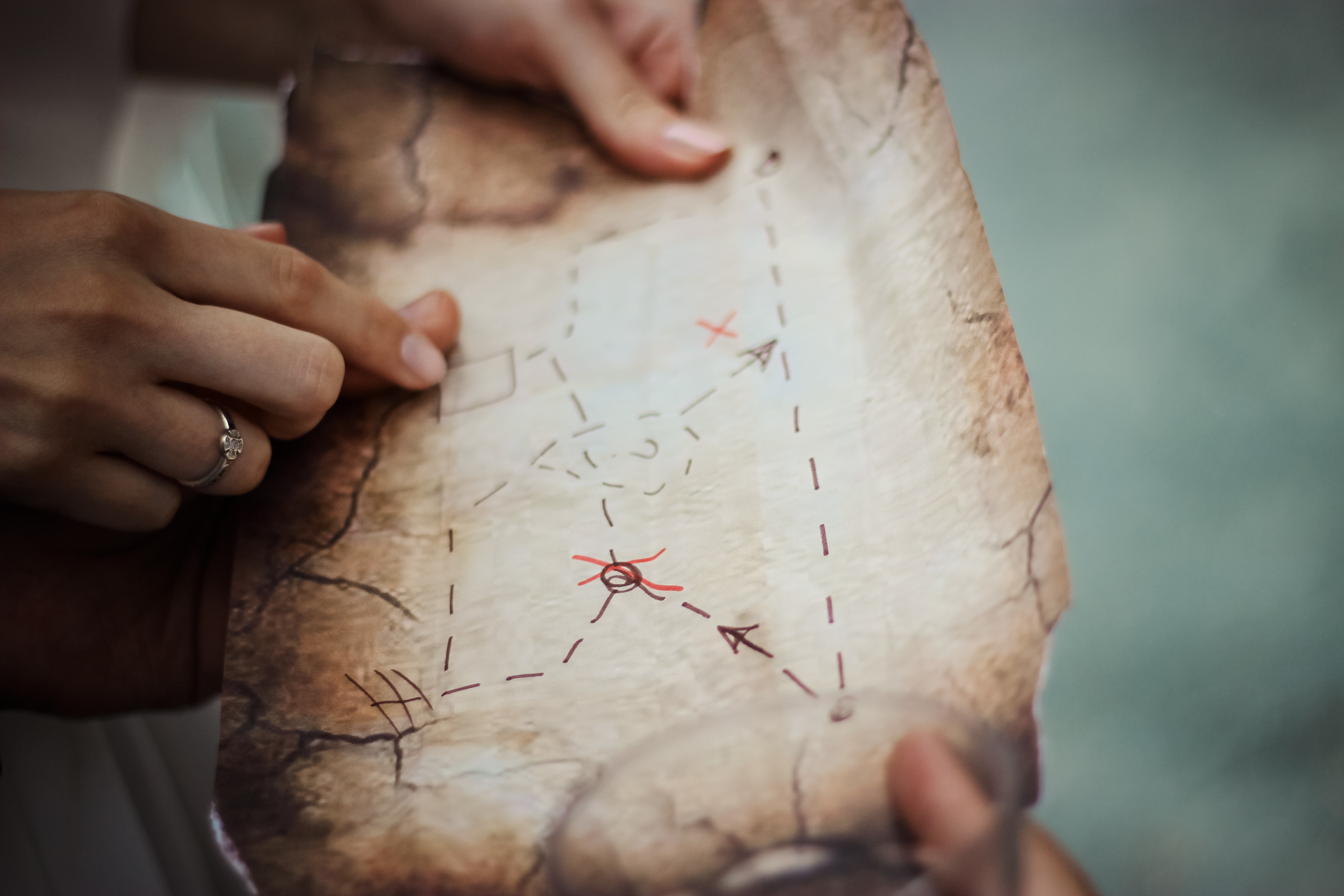Good Links
Good Links #4

Check out these links we think are worth your time.
Ruth Whippman writes about the new gig-economy, “It certainly feels familiar. Almost everyone I know now has some kind of hustle, whether job, hobby, or side or vanity project. Share my blog post, buy my book, click on my link, follow me on Instagram, visit my Etsy shop, donate to my Kickstarter, crowdfund my heart surgery. It’s as though we are all working in Walmart on an endless Black Friday of the soul.”
Kelly Mantoan writes about the supposed burden of disability, “We point fingers at the disabled, the elderly, the young, the poor- ‘Look at them! They’re a drain on society! They’re burdening our resources! Why should I take care of them?’ As if because we are not yet a burden on someone, we shall never become one. I hear people talk of their fear of becoming a burden on their families, as if we cannot expect them to love and care for us when we can do nothing for them, as if our value to them and society rests solely on our ability to provide and not our inherent worth as a child of God. Where would we get that idea?”
Samuel D James articulates a helpful caution for Christian marketing, “Evangelical churches, ministries, publishers, websites, conferences, et al, should not value what the outside world values. They should not dice up life into demographic points. They should, rather, follow the pattern in the New Testament and let seasoned saints teach younger ones, more experienced believers lead the way, and value consistency over coolness. The flavor of evangelical discipleship should be aged rather than hip.”
Beth Allison Barr teases out the changing assumptions of biblical womanhood, “Lisa may be an extreme story, but–for many modern American evangelicals–the assumptions about male and female roles are pretty normal. Men are providers and protectors. Men are the initiators of faith, just as the husband got right with God first and then led his wife to do the same.”
Jasmine Holmes interviews Lisa Fields about her apologetics work, “In the years since then, Fields has founded an organization called the Jude 3 Project, which uses apologetics to address the unique ‘intellectual struggles of Christians of African descent in the United States and abroad.’ The organization offers lectures and seminars, training courses, podcast discussions, and a conversation forum called Courageous Conversations, which pairs black scholars and pastors trained in both conservative and progressive seminaries.”
Judy Wu Dominick writes about working through extramarital attraction, “When the desire to keep that feeling alive provoked a deep longing, I knew I was in trouble. Before I even put my key into the ignition, I reached for my phone, called Peter at work, and told him about the conversation, who I had it with, and what I was feeling. He didn’t miss a beat. He thanked me for letting him know about it and said we would talk more when he got home.”
Emma Green reports on the new politics of religion, “It’s the segment that’s surprising: Religiously unaffiliated voters, who may or may not be associated with other civic institutions, seem most excited about supporting or donating to causes, going to rallies, and expressing opinions online, among other activities. Political engagement may be providing these Americans with a new form of identity. And in turn, they may be helping to solidify the new identity of the Democratic Party.”
Daniel Darling writes about the spiritual need for a free press, “But my appreciation for the media doesn’t just stem from being a news nerd, but from something deeper. As a Christian, I believe in the pursuit of truth (Philippians 4:8). The telling of stories didn’t start when the first ink-stained pages rolled off of a printing press, but when God himself inspired 40 different authors to tell his story. The Bible tells the gritty yet beautiful narrative of humanity’s creation, fall and God’s glorious redemption in Christ.”
Dorothy Greco outlines some useful first steps for building personal integrity in a world that so lacks it, “We have become incredibly polarized, fragmented, and segregated. We can unfriend with a single click (guilty) and never have to press into the anger or hatred festering in our hearts. (Sometimes unfriending—virtually or otherwise—is more about preserving our mental health, especially for People of Color.) Empathy requires that we lean in, close the gap, and attempt to feel what someone else feels.”
Laura Finch tells the story of Jean Pierre Gatera, “When Jean Pierre arrived at Kakuma, he lacked documentation, which made it difficult to qualify for UN rations. He was taken in by a church leader who, at a revival meeting one evening, shared his testimony. The leader had been left for dead in a mass grave and was rescued by passers-by.”
April Yamasaki writes about the divine call to be creative, “As God completed each stage of Creation and called it good, so our human creativity is also a good gift from God. With creativity we play, we work, we make useful and tangible objects, we perform real services, we speak into the world around us. As we express ourselves in myriad ways, we can create a mood, create friendships, create family, create community, create a life.”